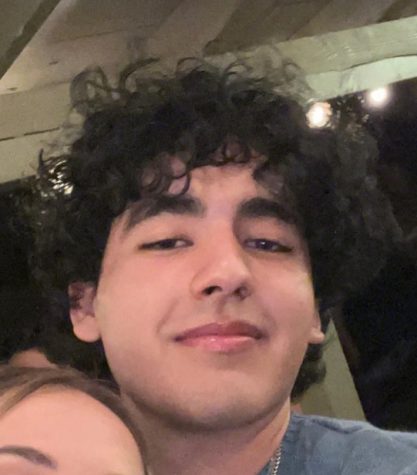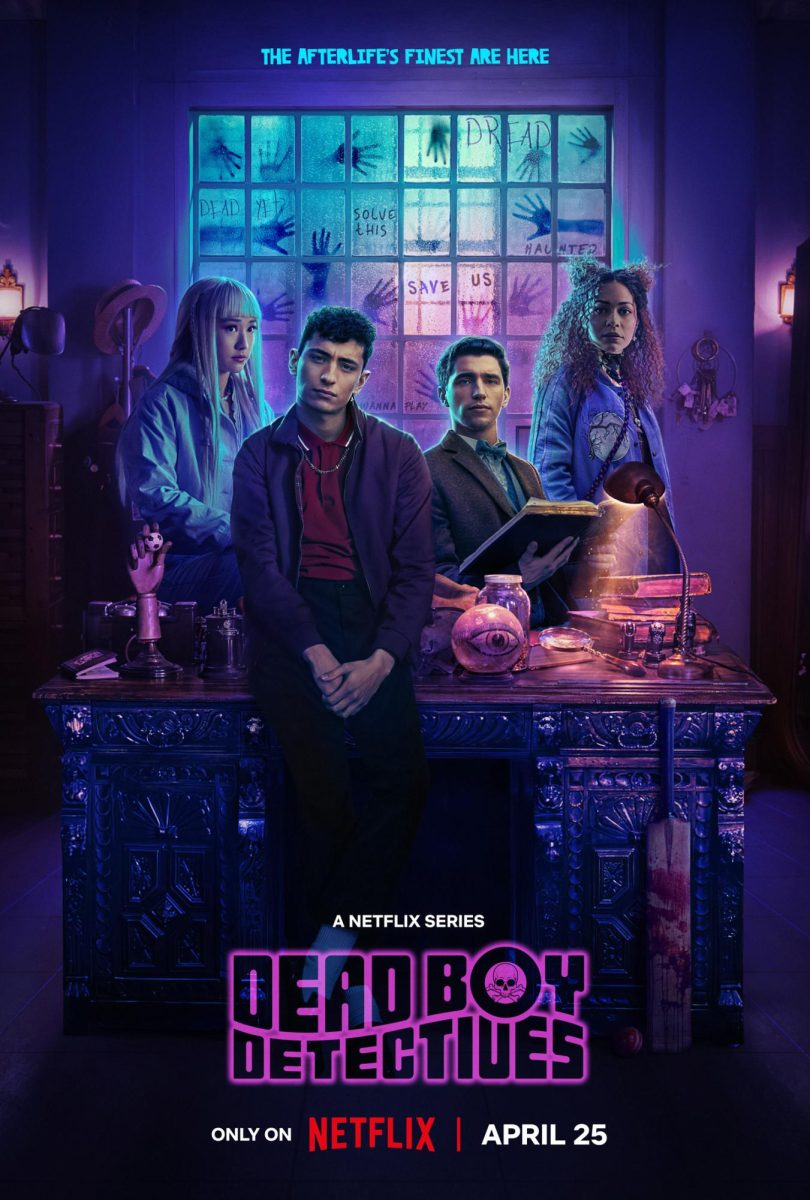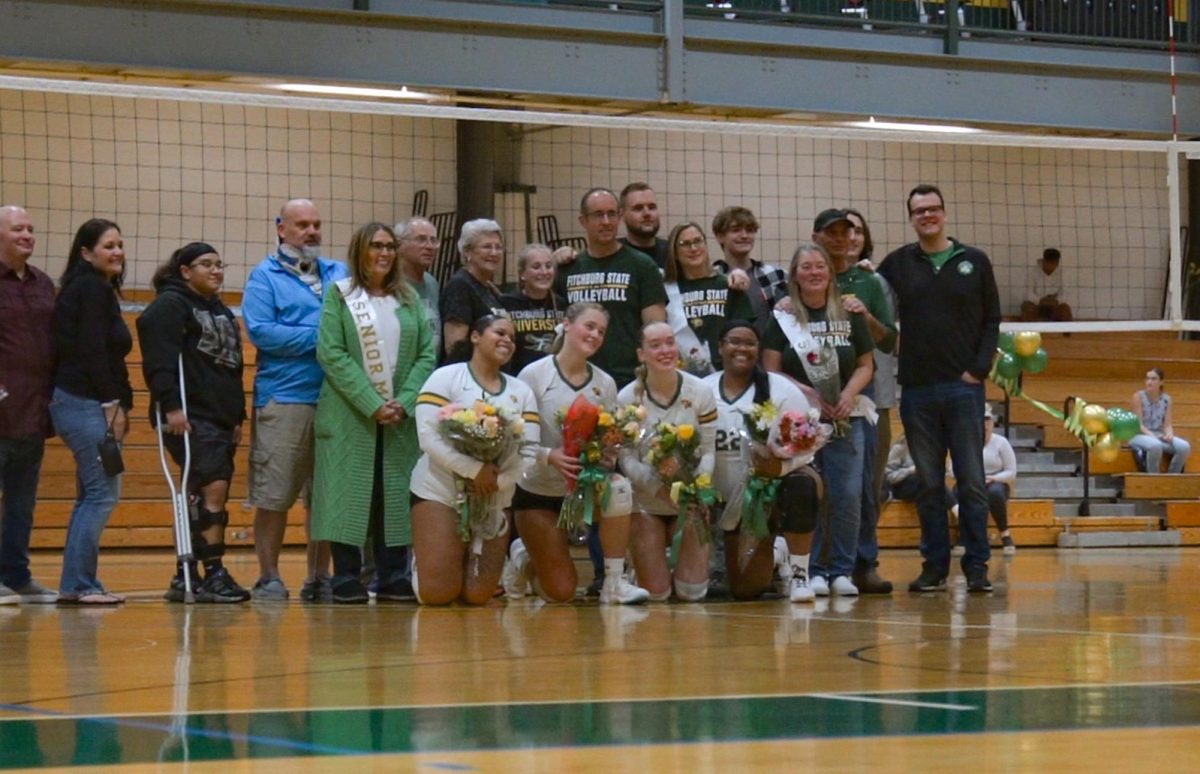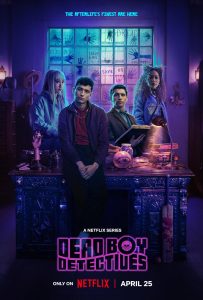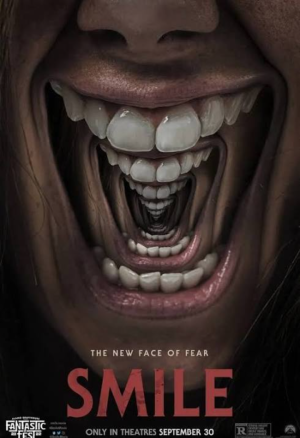“[Personal Shopper] is a really easy entry point to [Foreign Films]”: Zachary Lee Exposes Students to Oversea Cinema
April 14, 2022
Yearning and unprecedented deaths often lead to unorthodox methods of grief. Maureen Cartwright, played by “Twilight” star, Kristen Stewart, explores the field of grief after losing her twin brother. Maureen spends her days in Paris looking for some supernatural sign that her brother has moved on into the afterlife, though she no longer has any desire to stay in Paris.
Personal Shopper is a movie starring Kristen Stewart, directed by French filmmaker Olivier Assayas. Most of the movie isn’t even spent at the house of the Maureen’s belated brother, but spent following Maureen around Paris’ best and most luxurious stores. Maureen is a hired personal shopper for Kyra, an entitled French supermodel. The movie takes a focus on just how disinterested Maureen is in her job; until she begins to receive texts from an unknown number.
Zachary Lee, Fitchburg State professor of courses like Advanced Cinematography and Contemporary Cinema, curated this event in order to expose students to a new type of film.
“I felt this film was in many ways modern, in a way that a lot of films are not. I think that one of the things that I like about this specific filmmaker is that the world he creates is very similar to our own world,” said Lee.
Though it stars an American actress, the film feels so distant from the audience’s expectations. Though it does feel realistic in the sense that Maureen spends a lot of time doing things that are super relatable to everyday life, these things are approached as tasks and chores rather than necessary plotlines. It’s something that isn’t done in cinema very often. The cinematics, plotline, and even the dialogue just feel so foreign, yet personal.
An example of this is a scene where Maureen is texting back-and-forth with an unknown number on a train. The conversation is oddly eerie, and the number approaches Maureen with a supernatural vibe, in the sense that it seems like it’s haunting her.
“[The conversation] was really integrated into the narrative and that’s part of how the story is told: by conversing via text,” said Lee. “It’s part of that contemporary and modernity that I found very fascinating.”
Though Lee found an interest in how “Personal Shopper” was able to capture how we currently conversate with people, he also admitted that not every film who explores the boundaries of modernity and contemporary cinema is worth watching.
“Sometimes there’s so much out there that it’s hard to suss out what’s worth looking at and what’s not worth looking at,” he said. “Something like this is probably very different from what a lot of people have seen. It still is not an American film, it behaves differently from an American film, but this is a really easy entry point to that because so much of it is already recognizable.”
Lee encourages students to see films outside of what they might normally encounter, and to explore beyond where their interests may lie.


![“[Personal Shopper] is a really easy entry point to [Foreign Films]”: Zachary Lee Exposes Students to Oversea Cinema](https://fitchburgpoint.com/wp-content/uploads/2022/04/Screen-Shot-2022-04-14-at-12.23.14-PM-900x493.png)
